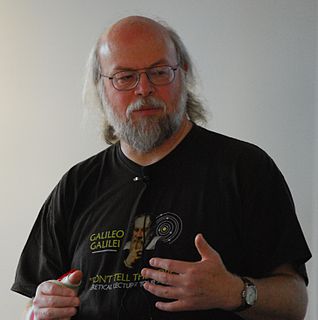A Quote by Jean Piaget
Children's games constitute the most admirable social institutions. The game of marbles, for instance, as played by boys, contains an extremely complex system of rules - that is to say, a code of laws, a jurisprudence of its own.
Related Quotes
The discussion of the game of marbles seems to have led us into rather deep waters. But in the eyes of children the history of the game of marbles has quite as much importance as the history of religion or of forms of government. It Is a history, moreover, that is magnificently spontaneous; and it was therefore perhaps not entirely useless to seek to throw light on the child's judgment of moral value by a preliminary study of the social behaviour of children amongst themselves.
Life to me is the greatest of all games. The danger lies in treating it as a trivial game, a game to be taken lightly, and a game in which the rules don't matter much. The rules matter a great deal. The game has to be played fairly or it is no game at all. And even to win the game is not the chief end. The chief end is to win it honorably and splendidly.
...But we enjoyed playing games and were punished for them by men who played games themselves. However, grown-up games are known as 'business' and even though boys' games are much the same, they are punished for them by their elders. No one pities either the boys or the men, though surely we deserve pity, for I cannot believe that a good judge would approve of the beatings I received as a boy on the ground that my games delayed my progress in studying subjects which would enable me to play a less creditable game later in life.
...once the cards are dealt we turn them up in turn, and make two piles each, one red, one black; the winner has the biggest pile of red ones. So once the cards are dealt the game is determined, and from any position in it you can derive all others back to the deal and forward to win or draw. ...in relation to the solar system..., the laws are like the rules of an infantile card game.... But in relation to what happens on and inside a planet the laws are, rather, like the rules of chess; the play is seldom determined, though nobody breaks the rules.
God moves in extremely mysterious, not to say, circuitous ways. God does not play dice with the universe; He plays an ineffable game of His own devising, which might be compared, from the perspective of any of the other players, ie., everybody, to being involved in an obscure and complex version of poker in a pitch-dark room, with blank cards, for infinite stakes, with a Dealer who won't tell you the rules, and who smiles all the time.
Decades of research has shown that play is crucial to physical, intellectual, and social-emotiona l development at all ages. This is especially true of the purest form of play: the unstructured, self-motivated, imaginative, independent kind, where children initiate their own games and even invent their own rules.
The physicist is like someone who's watching people playing chess and, after watching a few games, he may have worked out what the moves in the game are. But understanding the rules is just a trivial preliminary on the long route from being a novice to being a grand master. So even if we understand all the laws of physics, then exploring their consequences in the everyday world where complex structures can exist is a far more daunting task, and that's an inexhaustible one I'm sure.




































